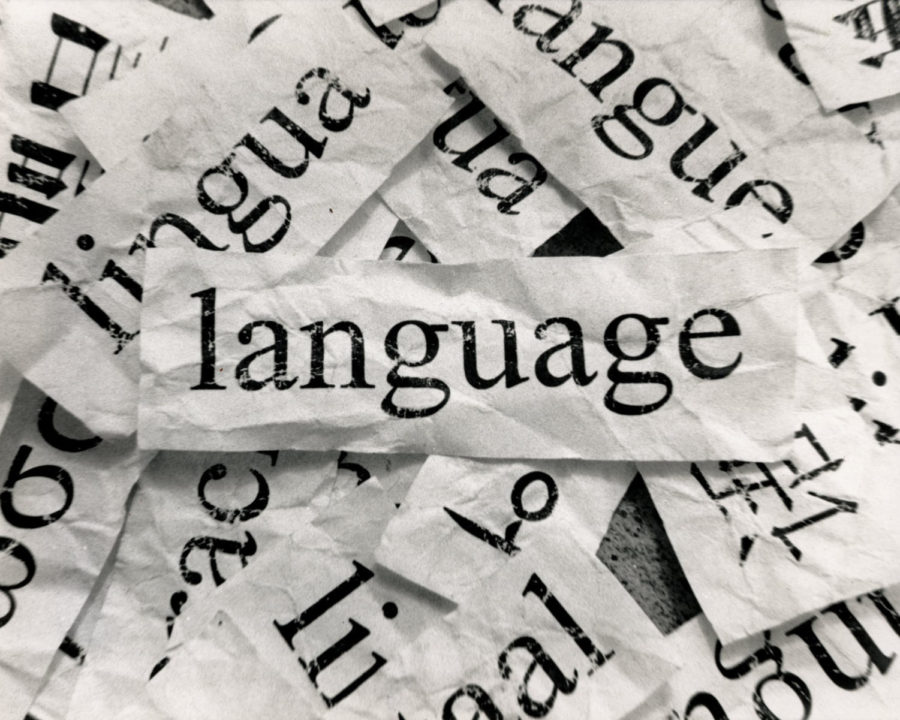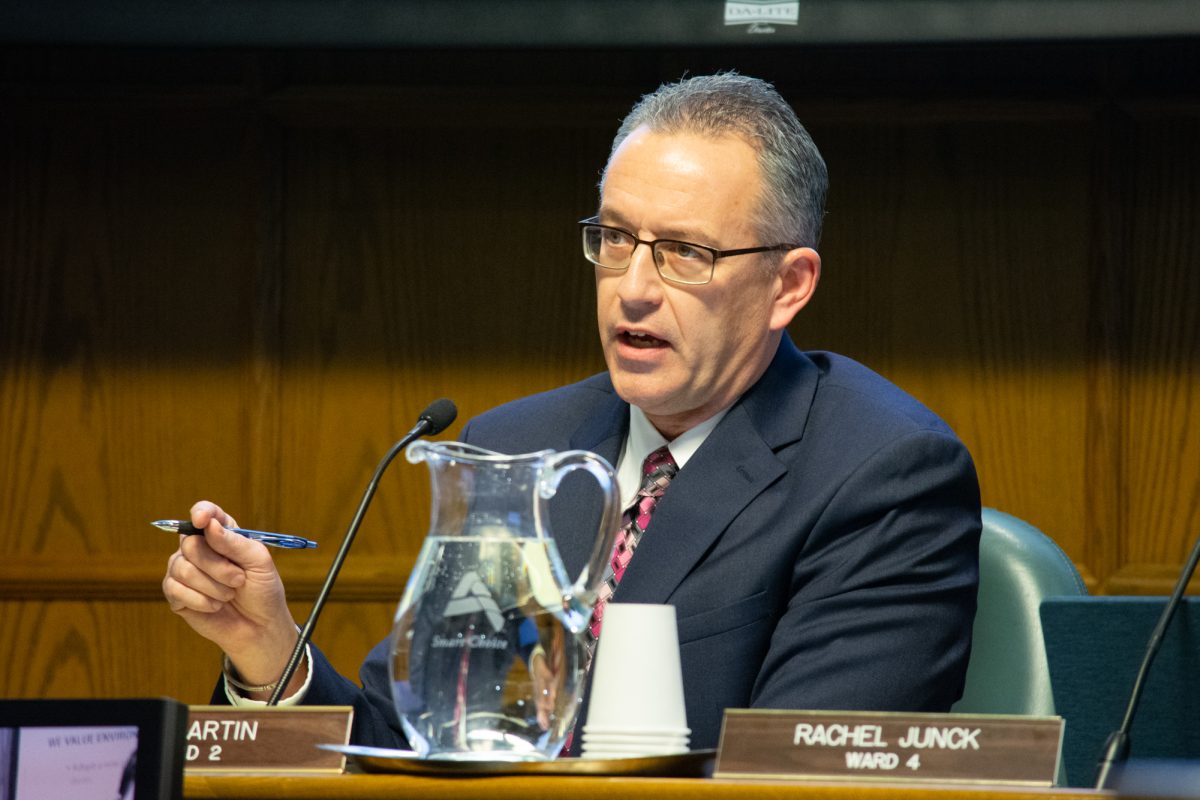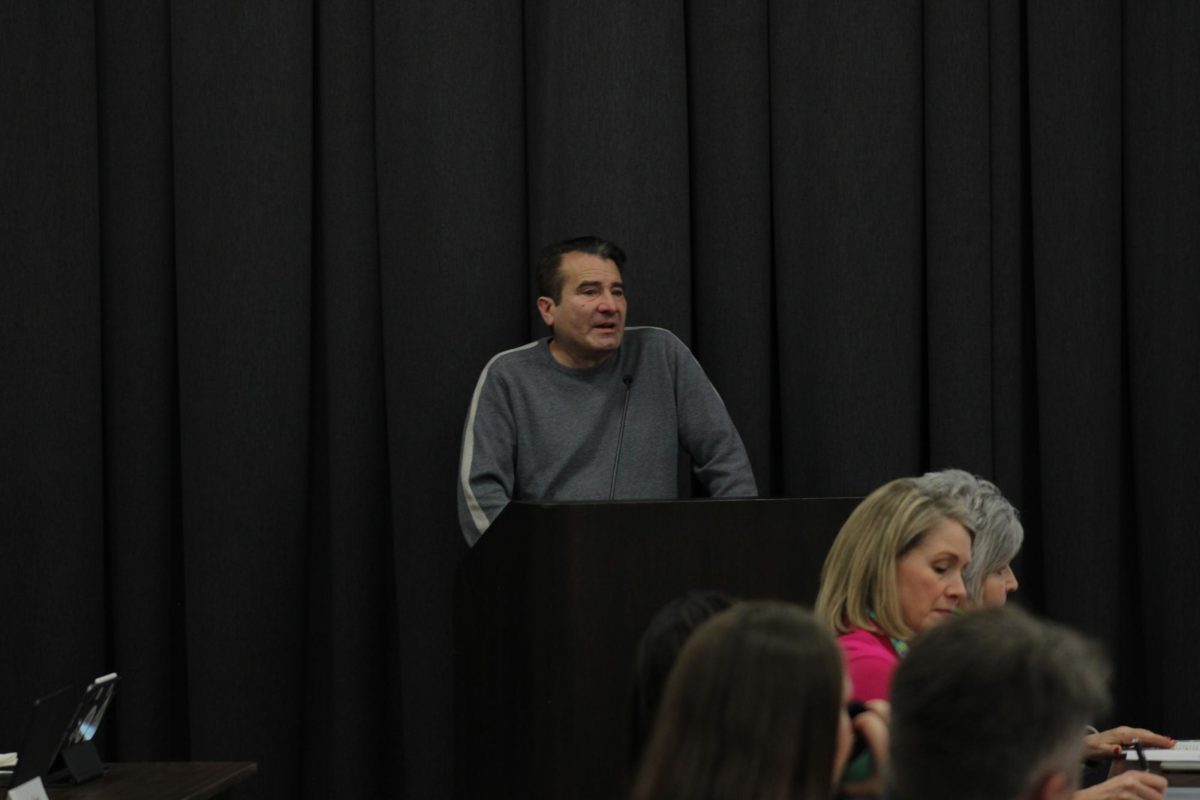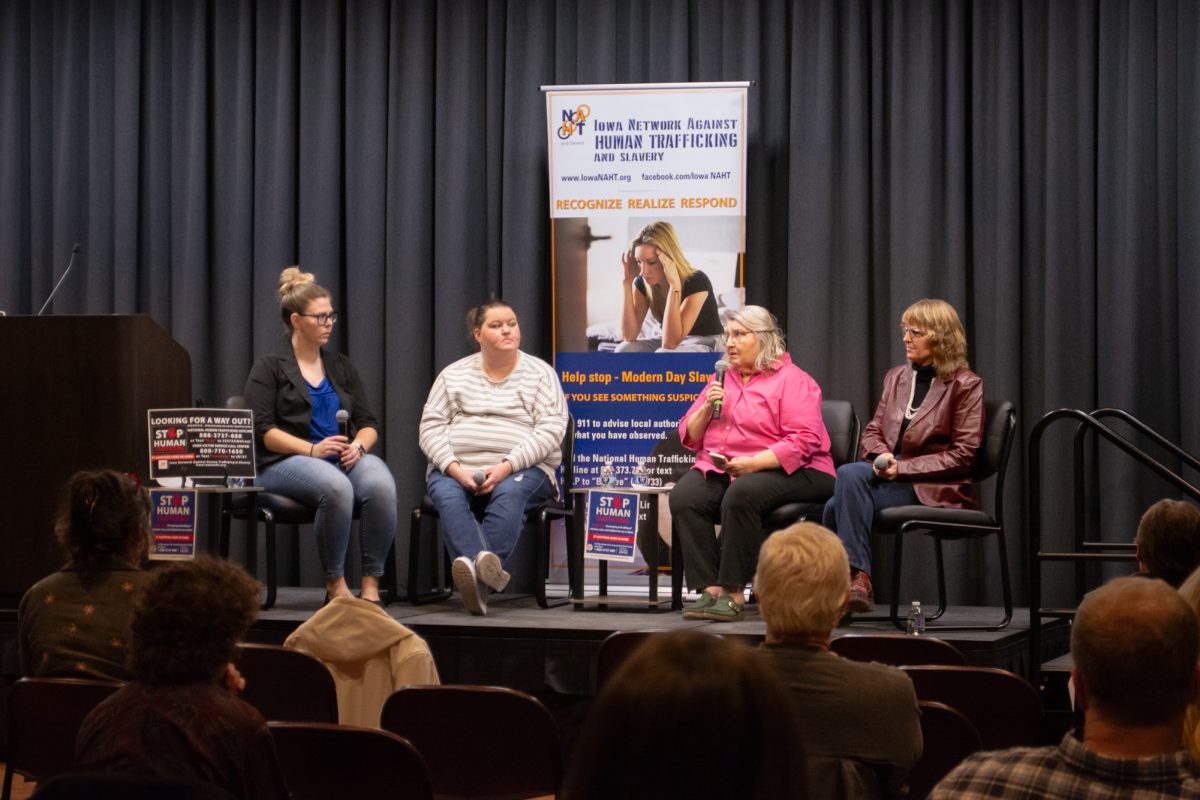Shiralkar: The curious thing about native tongues
October 17, 2020
Years ago, when I was just growing into the age where I could make sense of complex sentences, my mother got me a copy of “The Faraway Tree” by Enid Blyton. It was a combined edition of the separate books of the initial trilogy. I fell in love with reading almost instantaneously. The book was in English, not my native language. Today, as I look back and think about those fateful moments, I think about how these seemingly trivial things have lasting impacts over an entire lifetime.
I grew up speaking Marathi, the language spoken most widely in Maharashtra, India. Marathi is a more localized language than, say, Hindi (which is also written in the Devanagari script, left to right), so even though it’s not nearly as popular, it has loyal speakers all over the place. In fact, my hometown in Maharashtra boasts of the most accurate enunciation of the language among its population. While I was engaging in English media on a regular basis, I was only exposed to Marathi in my day-to-day life outside of school. I had friends who spoke dozens of other languages but my interactions apart from those with my family were limited by my cowardly nature as a teen.
It is rather odd how my perceptions of the two main languages in my life were guided by the returns I got from investing in both. I was naturally expected to be good at Marathi by virtue of my birth; getting a tricky English phrase right got me brownie points with my favorite teachers. While I could roll off phrases and curse in my native language like the Pune local I was, toiling over an essay for my English final guaranteed accolades I’d grown to enjoy. I feel that it all translated into my eventual journey to the West, where my life feels weird without a consistent Marathi presence.
Both my parents are well-read connoisseurs of rich Marathi literature and media; as such, I was exposed to every bit of Maharshtrian culture they’d deemed worthy of note. I even took formal education in Maharshtrian classical music, attending formal music school (vocals) till I could, before I had to leave for college. That’s when it started to dwindle a bit, I think. College led to decisions that had me traveling to the States, where I found a Marathi roommate and a few Marathi-speaking friends in an ocean of English speakers, a group I would soon find myself a strange part of.
For all my other abilities, I’m still working on the one that allows me — irrespective of language — to express my feelings clearly. After consuming copious amounts of Hollywood and Barnes & Noble, I had found a certain comfort in writing, venting, communicating in English. My command over the nuances of the English written word grew far better than my command over Marathi. As I began to pick up a surprisingly natural-sounding Midwestern accent, I found myself thinking in it more often than I did in my native tongue. During my first few months in Iowa, this bothered me.
Language is the original vessel of our memories. The farthest recollection of one’s childhood is inadvertently linked to their native tongue. And even though one can learn a new language, the two languages must share space in a coexistence that sometimes gets uncomfortable. Traditional languages provide a sense of cultural continuity that is affected by this, a cohesive self-concept that helps people build persistent identities. At those times when I trust myself with my own thoughts, I tend to ponder this existential linguistic dilemma.
It does appear, however, that I am more in touch with my roots than I think. Every time I’ve visited Pune on vacation, I’ve managed to slip back into what also feels like a natural state, switching between languages as easily if I were changing an outfit. But again, like the latter, my perception of myself and the people around me gets altered slightly. I feel at peace knowing I don’t have to get boxed into one state — at any given time, I can be both, I am both.
Marathi is a lovely, flowy language with a lush history rooted in early Indo-European civilization. It’s also got a very delicate phonology — unless you were exposed to Marathi at a very early age, you’ll face considerable difficulty pronouncing some common consonants in the language. I did take earnestly to English — I liked what it felt like to explore a new language. It’s always a delight to come across an unusual phrase, always a joy when a new word just makes sense. And it’s nice to remember that my native language will remain quietly, deep inside me, a permanent part of who I am. Stay hydrated and wear a mask.






